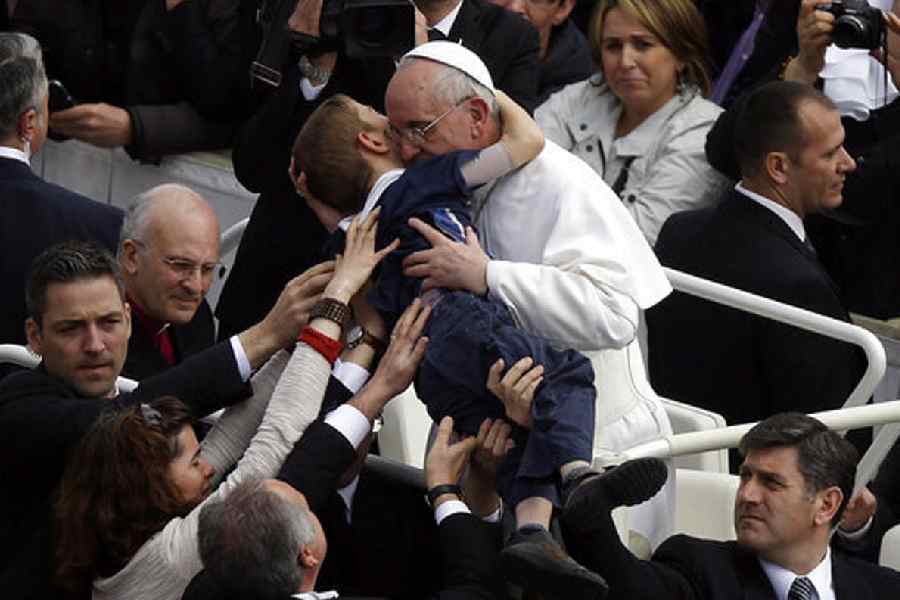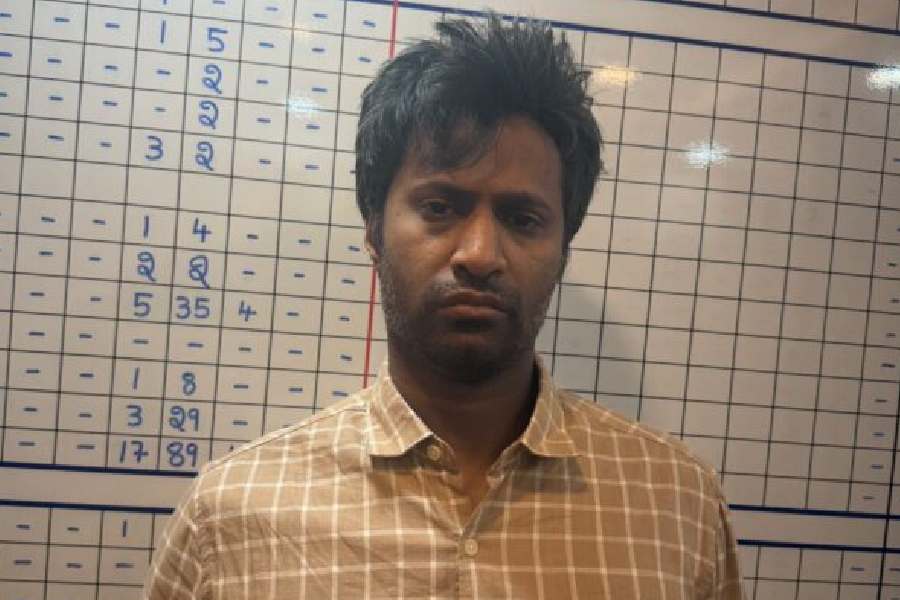The cardinals who will choose Pope Francis’ successor face a critical decision: Will they follow his path toward a more welcoming, global and collegial church or restore the more doctrinaire, traditional approach of his predecessors?
That will be the subject of intense debate among the cardinals, and Francis leaves behind a complicated legacy for them to argue over.
Early hopes that a “Francis effect” would bring the faithful back to the pews mostly failed to materialise as church attendance continued to fall in the secularized West even as it grew in the global South.
Although Francis made considerable strides in addressing the church’s sexual abuse crisis and tackled its murky financial culture, the path he put the church on for the future will be the most contentious issue.
His willingness to debate major theological issues such as divorce, the possibility of married priests, acceptance of same-sex couples and an increased role for women thrilled liberal Catholics after more than three decades of conservative papacies. Yet many complained that Francis only set in motion a process that a less reform-minded successor could scratch out, while others accused him of diluting church doctrine.
In many ways, Francis used his tenure to change the course pursued by his predecessors Benedict XVI and John Paul II. Despite being made a saint by Francis, John Paul II was judged harshly in a major Vatican report showing that he had been blind to child sexual abuse in the church. Francis sought to fix that, and to bring space for conversation and conflicting ideas into a church that for decades had shut down dissent.
That was not to say that he was a pushover. He fired or isolated top officials, including the leader of the church’s doctrinal watchdog office, for not adhering to his programme. After remarks by Benedict enraged the Islamic world, Francis reached out to Muslim leaders, often in lands where his own flock lived in danger.
New York Times News Service











